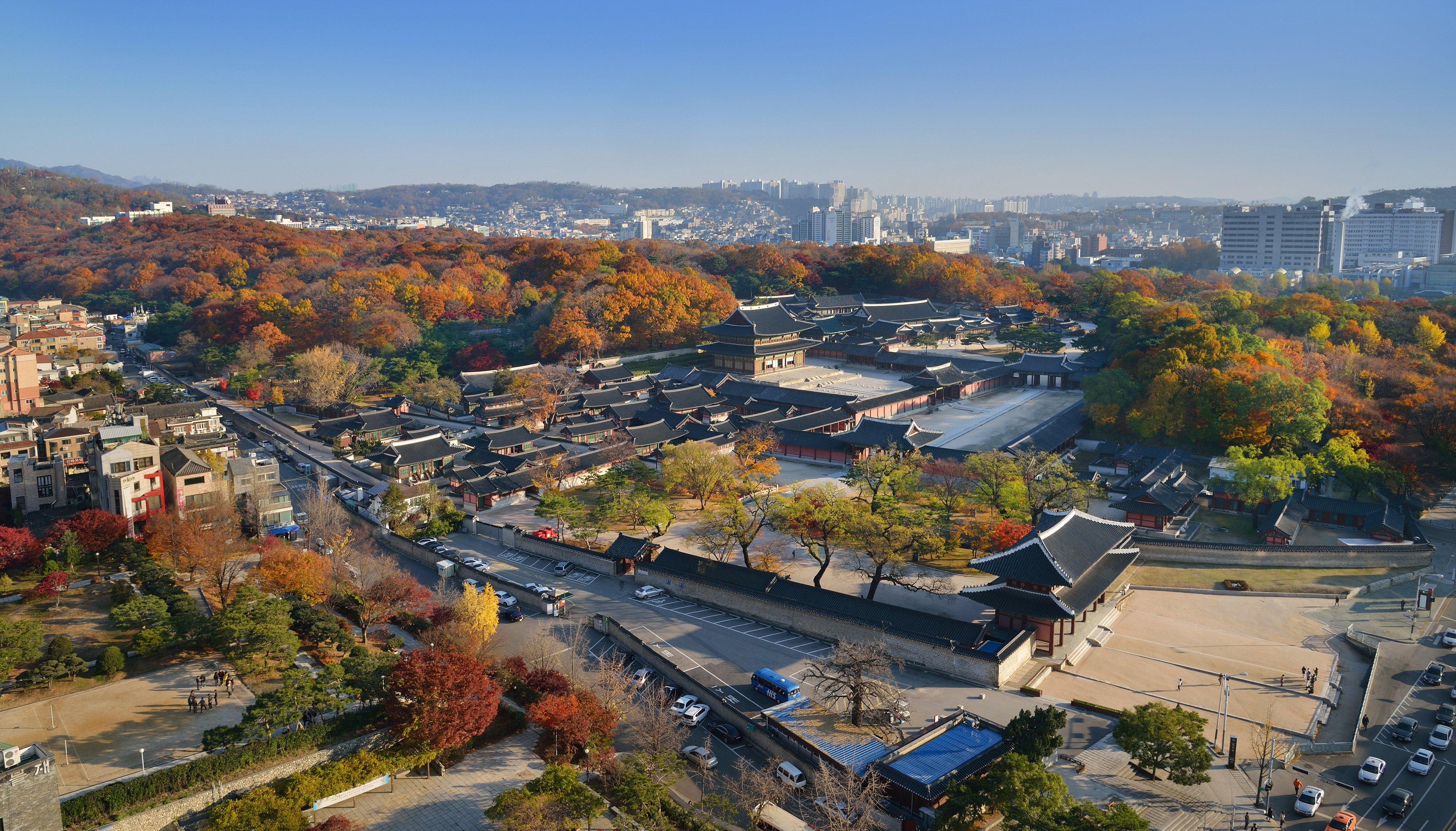🇰🇷map South Korea [Overview]

South Korea, known locally as Daehan Minguk and written in Korean as 대한민국, sits on the southern half of the Korean Peninsula, facing the Yellow Sea and the Sea of Japan, with China and Japan as near neighbors and North Korea directly to the north. Its population is a little over 51 million, mostly concentrated around Seoul, Incheon, and the coastal cities of Busan and Ulsan. The country blends mountainous national parks, island getaways like Jeju, and some of the world’s most wired urban centers. One detail that surprises many new arrivals is how seamlessly high-speed internet, efficient public transit, and contactless payments work together—daily life is designed to be cash-light and hyper-connected.
Economy
South Korea is a high-income, export-driven economy known for advanced manufacturing, technology, and services. People commonly work in sectors tied to electronics, semiconductors, automobiles, shipbuilding, finance, logistics, education, and an expanding creative industry anchored by music, film, and gaming. Traditional strengths in heavy industry now sit alongside globally competitive firms in smartphones, batteries, biotech, and green technologies. The country’s natural resources are limited, so it relies on imported energy and raw materials, adding value through precision manufacturing and design.
As a trading nation, South Korea is deeply tied into global supply chains and maintains numerous free trade agreements across Asia, Europe, and the Americas. It is a member of the OECD and the G20, and it has a long-standing security alliance with the United States while also engaging regional forums with Japan and Southeast Asian partners. Major ports like Busan and Incheon, efficient airports in Seoul (Incheon) and Busan (Gimhae), and extensive sea and air links keep the country highly connected. For expatriates and digital nomads, this connectivity shows up in fast courier services, steady international flights, and dependable broadband across major cities.
Culture
Korean is the dominant language, and most of the population is ethnically Korean, with growing international communities in Seoul, Incheon, and Busan. The story of the land stretches from ancient kingdoms like Goguryeo, Baekje, and Silla through the Joseon dynasty, colonization in the early 20th century, and a rapid postwar transformation into a modern democracy and tech powerhouse. Today, people are passionate about education, food culture (from street tteokbokki to refined hanjeongsik), hiking, café life, esports, and K-culture—from K-pop concerts to meticulously curated skincare routines.
Religiously, South Korea is diverse and includes a large share of people with no religious affiliation, alongside communities of Buddhists and Christians. National life marks the lunar new year Seollal and the autumn harvest festival Chuseok, when families travel, honor ancestors, and share traditional foods. Other widely observed days include Independence Movement Day in March, Liberation Day in August, and National Foundation Day in October. Whether you’re here short term or settling in, you’ll find a culture that prizes politeness, punctuality, and quality—wrapped in a pace of life that rewards curiosity and respect for local customs.
Li Wei
Li Wei is a financial services professional and cross-cultural consultant originally from Hong Kong,
with over 12 years of experience in international banking and Southeast Asian business
development. Having worked for major financial institutions including HSBC and Standard Chartered,
Li Wei has extensive experience facilitating the relocation of international professionals
to Hong Kong, Singapore, and other key Southeast Asian markets.
Published: 2025-06-14